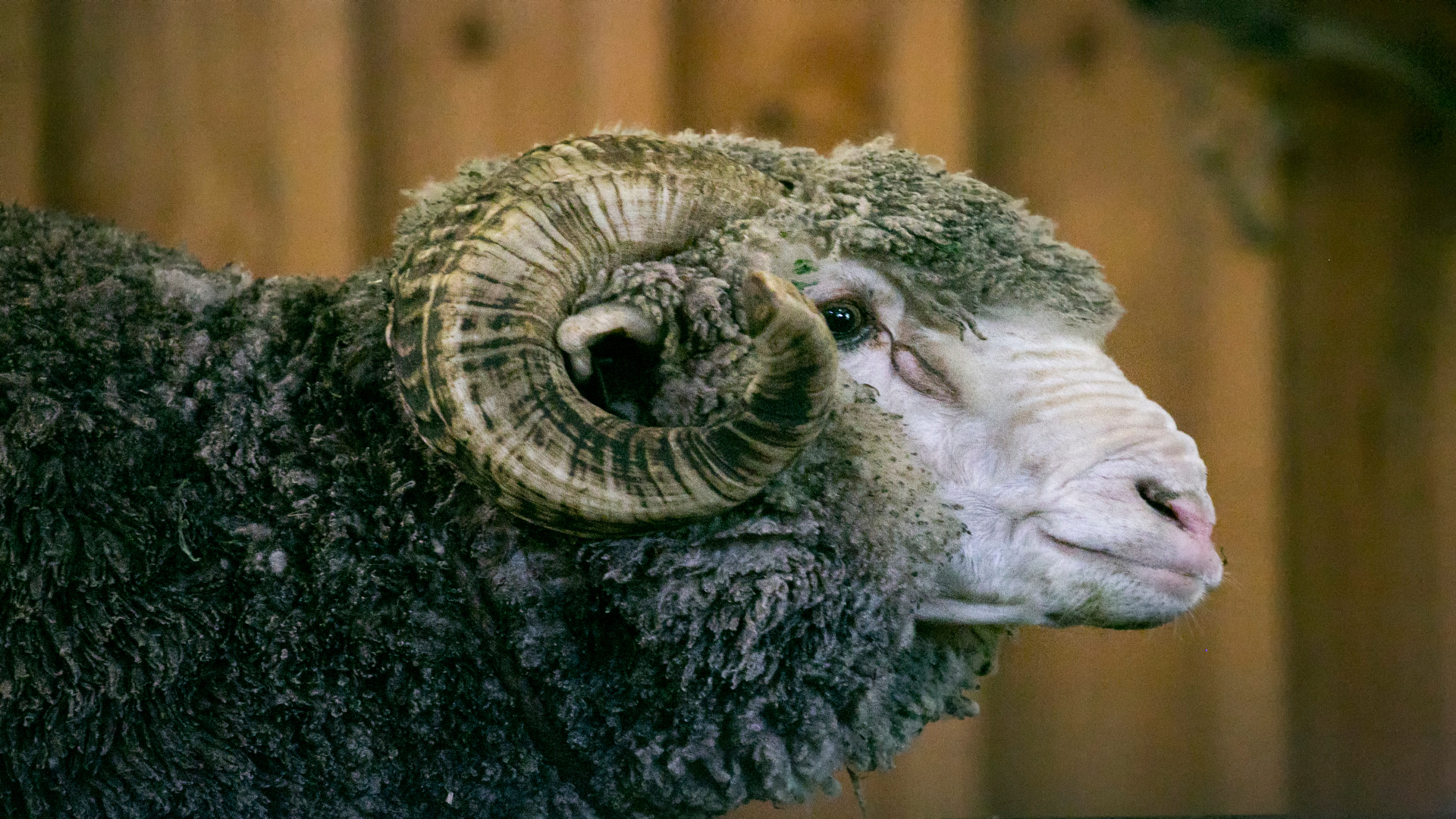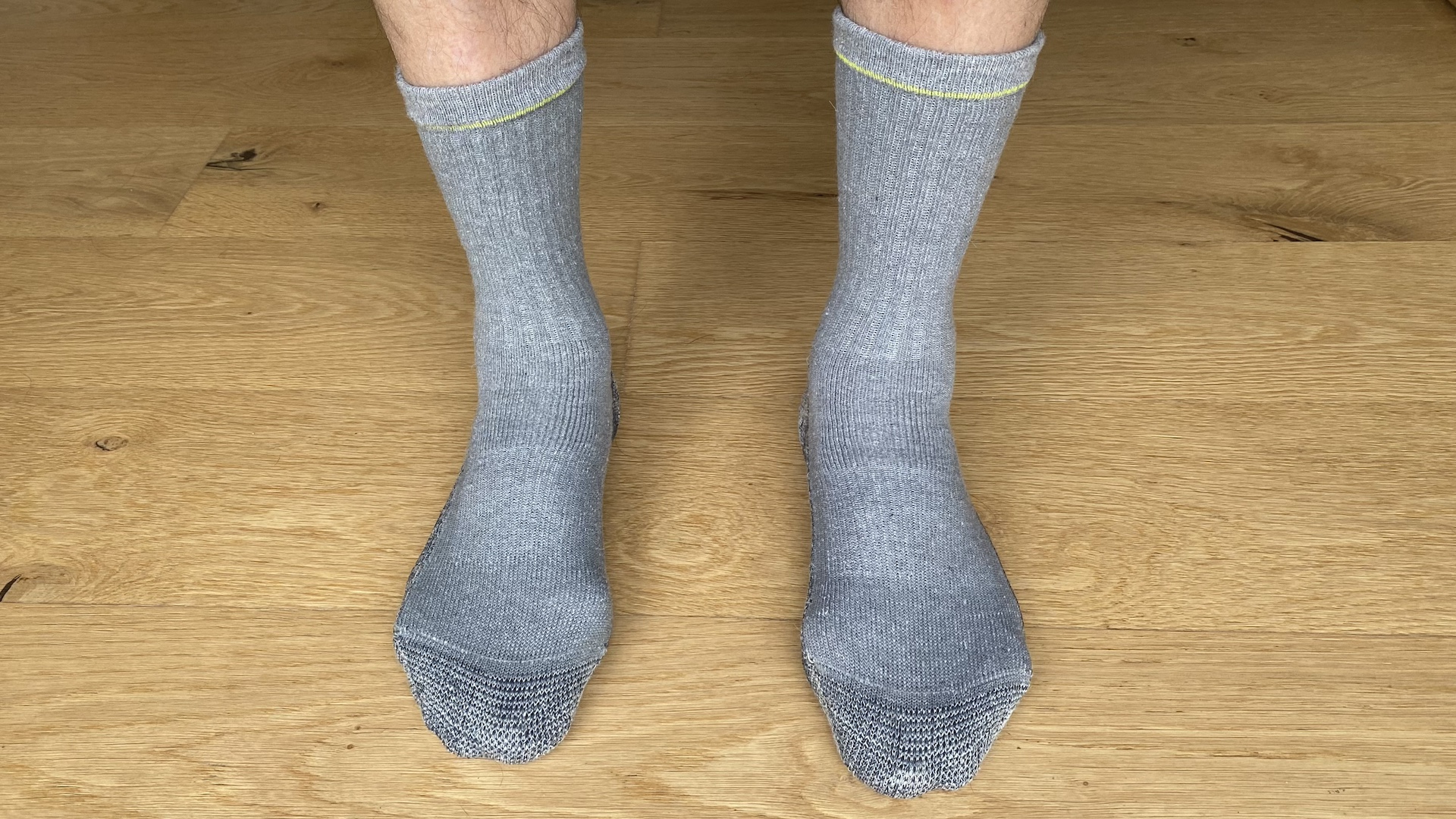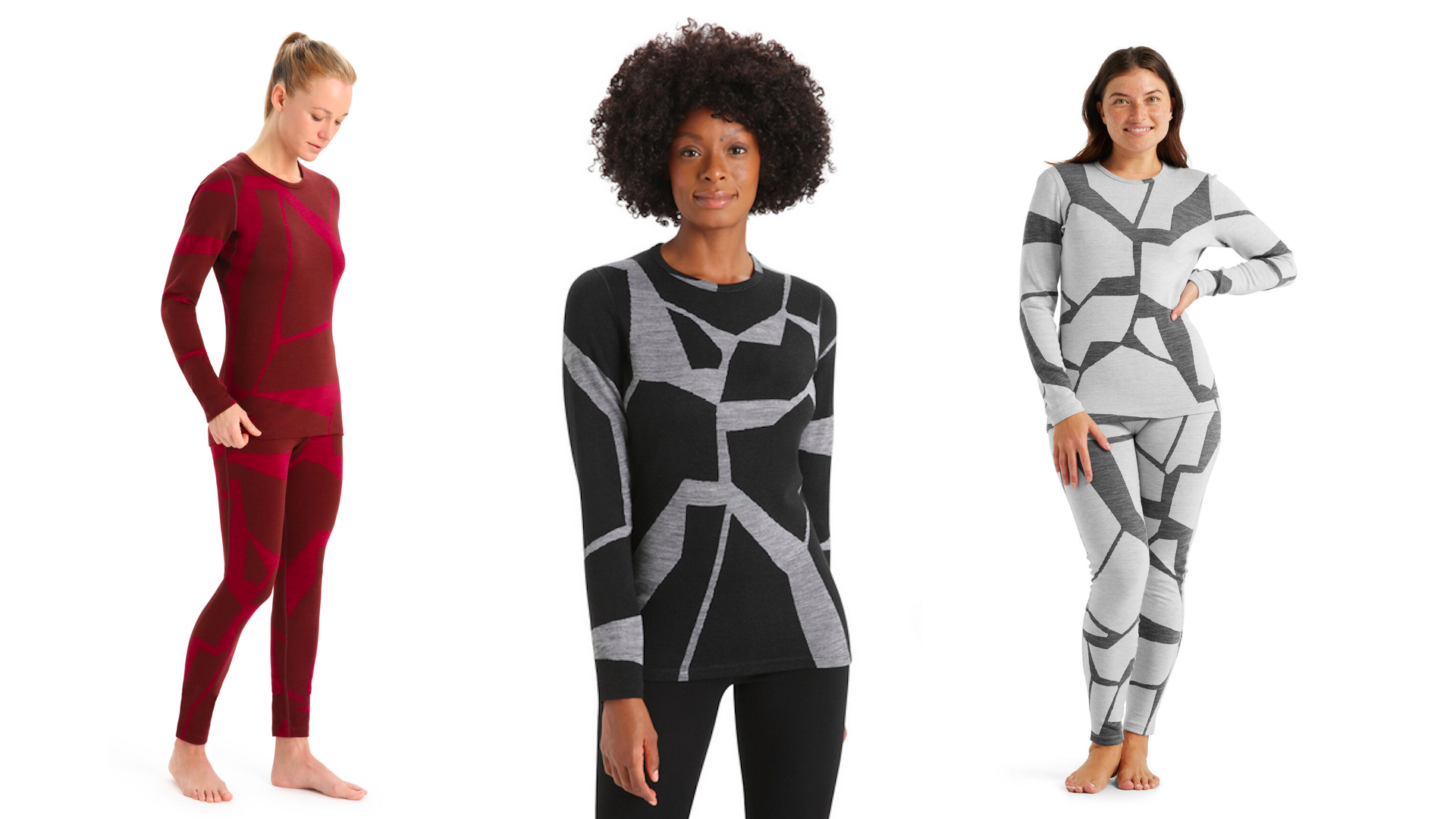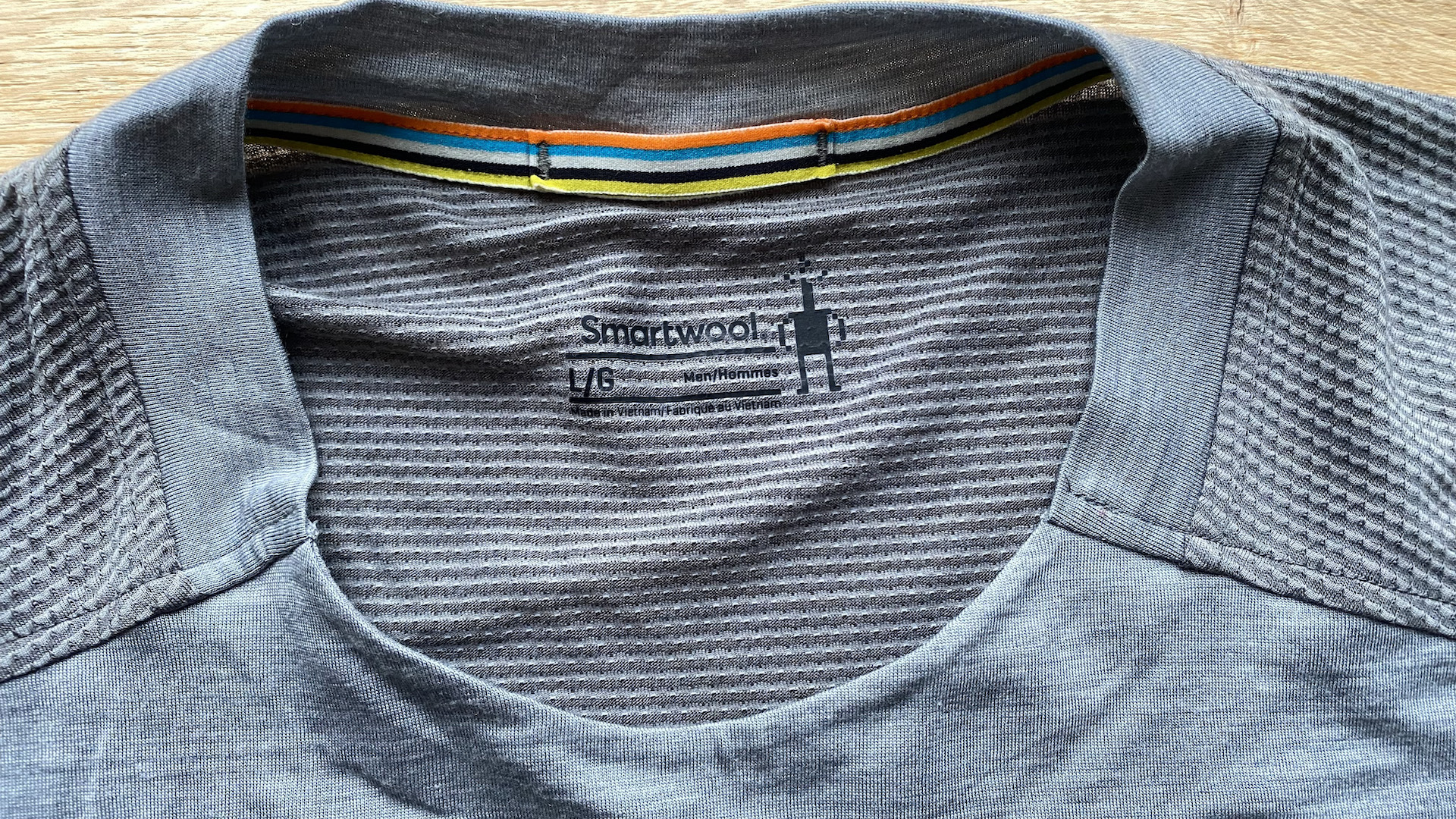
Over the last few decades, merino wool has become a staple of outdoor gear. It keeps you warm when the weather is cold but helps you stay cool when it’s warm out. It never gets stinky even with high-intensity, sweaty activities and it’s soft against your skin – unlike old-school wool. Best of all, it’s a natural fabric and therefore biodegradable.
Today, there are two standout companies creating outdoor apparel using merino wool: Smartwool and Icebreaker. These brands have many similarities, and a few key differences so we decided to take a deep dive into both companies, looking at where they came from, what they stand for and the quality and value of their products.
Meet the expert
Today's best deals
Smartwool: Origins and reputation
- Smartwool was founded in 1994 by ski instructors Peter and Patty Duke
- The Dukes started making merino wool ski socks in their Steamboat Springs garage
- Smartwool is the best-known merino wool apparel company in the US
Smartwool claims to be the first company to create merino wool ski socks. It was founded in 1994 in the resort town of Steamboat Springs, Colorado, by two ski instructors – Peter and Patty Duke – who say they just wanted to ski without getting cold feet. Fair enough. The husband and wife team started out their venture in their garage making ski socks using merino wool treated with chlorine to make it itch-free and resistant to shrinking.
The same year, the Dukes sold Smartwool to Denver-based VF Corporation, whose subsidiaries include The North Face, Dickies, Vans,and Timberland. In 2018, the Colorado Sun reported that VF moved the headquarters down to Denver, so while it’s no longer based in a mountain town, it’s still considered a Colorado company.

Today, Smartwool is the best-known merino apparel brand in the US and they still make ski socks and have branched out into hiking socks and running socks. These days they are also known for making high-performing and good-quality base layers, thermal underwear, running shorts, running tops and accessories. True to their origins, they focus on gear that will keep people comfortable while they’re playing in the mountains.
In addition to merino wool, they use natural fabrics like Lyocell and synthetic materials to make blends that are high-performing, but more durable than pure wool, however the addition of synthetic fabrics means garments aren’t always biodegradable. Meanwhile, the Dukes have moved on to start a new merino wool sock company, Point6, based in Steamboat.

Icebreaker: Origins and reputation
- Icebreaker was founded in New Zealand in 1994 by entrepreneur Jeremy Moon
- The company opened its first store in the Wellington International Airport in 2005
- Icebreaker focuses on merino wool and other natural fabrics
Right around the same time as the Dukes were devising their plans to launch a merino-based apparel business in Colorado, down in New Zealand, 24-year-old entrepreneur Jeremy Moon was having a similar idea.
Moon didn’t have experience in the apparel business, but a chance encounter with merino sheep farmers Brian and Fiona Brakenridge in Marlborough opened his eyes to the magic of the fiber in 1995. In 1995, he launched Icebreaker using $250,000 of startup capital with a goal to produce low-impact outdoor gear that harnessed the natural performance of merino.
According to an article in Unlimited, the first product from Icebreaker was a form of thermal underwear that could be worn as outerwear, and their early offerings consisted of socks, scarves, hats and gloves. Initially, the company worked to get its garments into retail stores before opening its first store in the Wellington International Airport in 2005. Today, their apparel is found at more than 5,000 stores across 50 countries.

Like Smartwool, Icebreaker was sold to VF Corporation in 2018, and while it’s still headquartered in Auckland, it has US head offices and continues to expand into the global market with retail stores in the US and Europe.
As for technologies, Icebreaker blends merino with cotton, linen and Lyocell for various technologies including MerinoLoft, a cruelty-free alternative to duck down, Shell+ which is water repellent and wind resistant, and Real Fleece, made from brushed merino fiber. Consequently, the company now produces base layers as well as jackets, dresses, T-shirts, running shorts and more. Its gear tends to focus almost exclusively on merino wool and other natural fibers.
Smartwool vs Icebreaker: environmental credentials
- Sustainability is a core value for both companies
- Both companies source their wool from ZQ Merino, which calls itself the world’s most ethical wool brand
- Smartwool is using merino wool scraps from their garment-making process to make insulation in their Smartloft products and utilizing recycled wool
- Icebreaker is four percent away from its goal of becoming a 100 percent plastic-free company
Sustainability is a core value of Smartwool, which currently partners with ZQ Merino to source its wool. ZQ Merino calls itself the world’s most ethical wool brand, and sources wool from hundreds of farmers across New Zealand. Smartwool’s 2030 sustainability goals include 100 percent recycled regenerative, recycled or responsibly sourced materials and they report that they’re already 94 percent of that goal.
In 2001, Smartwool started sourcing its wool from New Zealand after becoming frustrated with practices in Australia and in 2005 implemented a requirement that its wool suppliers no longer practice the controversial technique known as mulesing, which entails stripping the skin from a sheep’s buttocks to deter flies and parasites.
What else is Smartwool doing to promote sustainability? The company is using merino wool scraps from their garment-making process to make insulation in their Smartloft products and utilizing recycled wool. According to the sustainability rating directory Good On You, the brand currently scores three out of five and is rated “It’s a start” – while the company demonstrates good animal welfare policies, the reviewers state that it is “not taking adequate steps to ensure payment of a living wage for its workers.”

Like Smartwool, Icebreaker has an eye towards sustainability, sourcing its wool from ZQ Merino and able to trace 100 percent of its merino wool back to the source. It’s also four percent away from its goal of becoming a 100 percent plastic-free company.
It gets a similar rating to Smartwool by Good On You, which says the company “has good animal welfare policies and has good policies to monitor water use in its supply chain,” but similarly lacks certification by labor standards that help ensure worker health and safety, living wages, and other rights.

Smartwool vs Icebreaker: products
- Both brands offer a wide range of performance apparel for winter sports, hiking and running
- Icebreaker has branched out into leisurewear and everyday apparel and due to its investment in different technologies has more options for outerwear
Both brands offer a similar range of items for outdoor activities like winter sports, hiking and running, with base layers, underwear, socks and mid layers among their most popular offerings.
Because Icebreaker has invested in developing fabric technologies, they offer a wider selection of items, including insulated jackets as well as dresses and skirts for leisure wear.

Smartwool has kept its offerings a little more limited in comparison, focusing on base layers, socks and underwear, but it also makes items like running shorts and hoodies.
These days, you’re likely to find both brands scoring highly in “best of” lists for base layers, thermal underwear and ski socks, though Smartwool has a reputation for being a bit more durable. This has nothing to do with quality; rather, Smartwool is more liberal with blending merino with synthetics like nylon, which lends more lifespan to their products, while Icebeaker’s commitment to merino and natural fibers means their base layers tend to biodegrade faster.
Smartwool vs Icebreaker: price
- Icebreaker is more expensive than Smartwool
- Both brands have gear with higher price tags to reflect the high quality of their gear
There’s no doubt that Icebreaker is the more expensive brand, and that’s not a surprise given their commitment to merino wool. Smartwool’s willingness to blend their wool with synthetic materials brings the price down for the consumer.
For example, the Icebreaker 200 Oasis Long Sleeve Crewe Thermal Top retails at around $110 full price, whereas Smartwool’s Merino Sport Long Sleeve top is listed at $90. To add some perspective, you can find even more expensive merino base layers out there, such as Artilect’s W-Flatiron 185 Crew Td Tie Dye and you can find much cheaper versions including the EDZ Merino Base-Layer Long Sleeve.

It’s your choice
These two brands seem to share enough principles and practices that we can’t see a major argument for choosing one over the other; rather, it makes more sense to shop item by item.
It’s true that Icebreaker is a little pricier, and their garments may not last as long (especially if you don’t take good care of them) but if a commitment to natural fibers is important to you, then this is the brand for you. They also have a wider selection of technologies and types of clothing.
Smartwool makes excellent clothing for the outdoors that will likely last a bit longer and cost a little less, but they do sneak more synthetic fibers into their gear.
- Best waterproof jackets: stay dry and comfortable hiking







